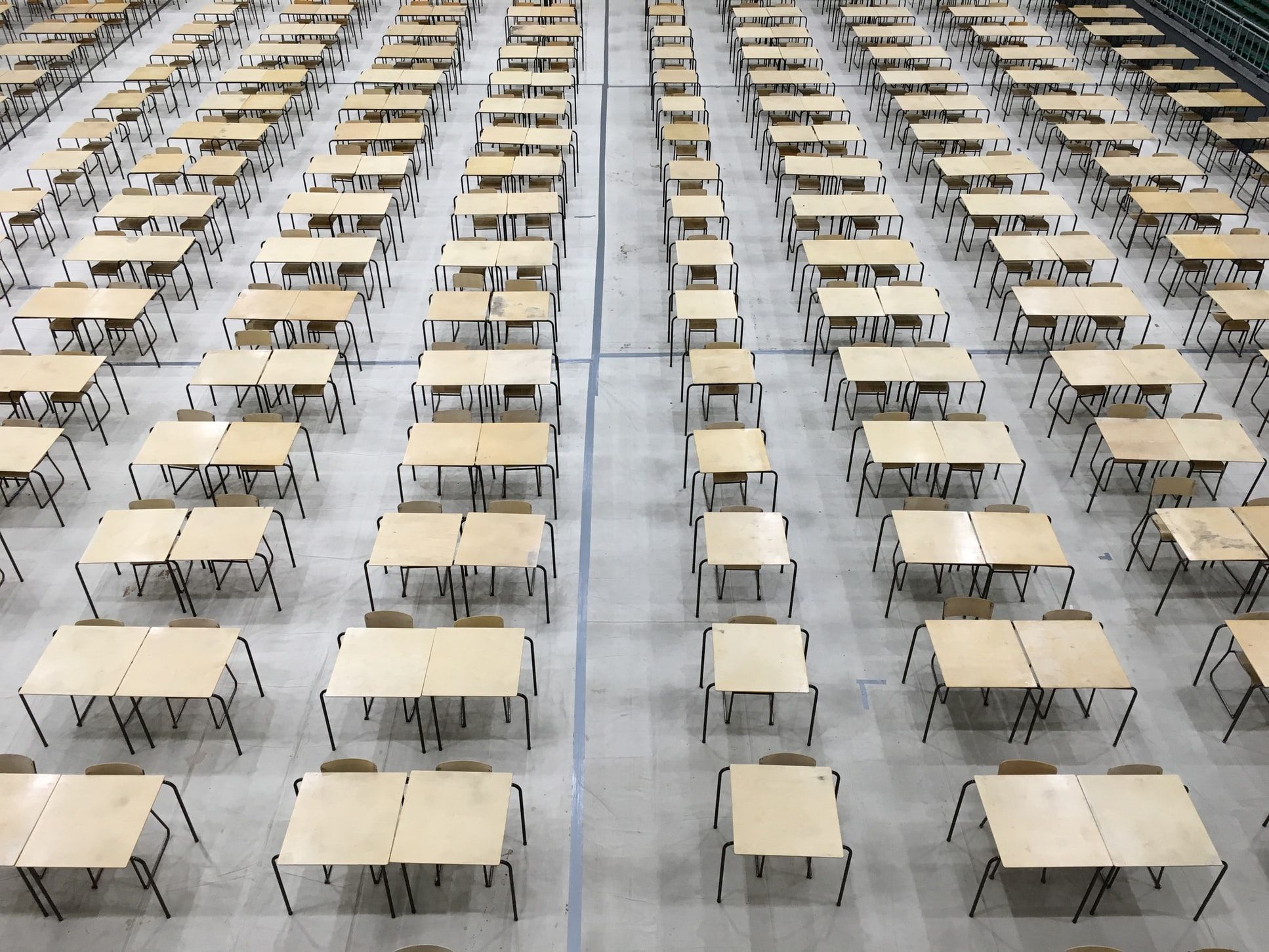Continuous Assessment - an alternative to high-stakes testing?
Whilst standardized tests have been around for centuries, their purpose and function as the main tool to assess student learning has become increasingly questionable in the 21st century with the advancement of technology. So, is there a better way?

The world is finally seeing the light at the end of the tunnel as new vaccines for COVID-19 roll out, but the impacts of the pandemic are still being felt by many across the globe. This rings particularly true for the education sector where students and teachers continue to catch up on the hours of learning time lost during school shutdowns.
Studies have highlighted the impact on learning among various student groups - in the US, students are seeing an average of 3 months of lost math learning - as well as the increase in anxiety which students have experienced, and are continuing to experience, in the aftermath.
Recently, we've heard news from the Biden Administration that annual standardized tests are scheduled to roll out, the reason being that it's "vitally important that parents, educators, and the public have access to data on student learning and success."
However, if the goal of this decision is to pull accurate data on how students across the country are progressing in their studies, would a single high-stakes, standardized test, particularly one set during a time where student stress and anxiety levels are high, really be the right way?
When we think about why we assess using the traditional method of an end-of-term or end-of-year test, it's typically because grading students is part of our syllabus, and we need to put down a number or percentage for each assignment in the grade book. We're now testing for the sake of testing. When this becomes the case, teachers often end up "teaching to the test", rather than teaching for learning. So instead of having the autonomy to explore and understand a concept to its full potential, students learn to memorize the questions that would appear in their finals. And as teachers, this is the last thing we want.
Another common frustration comes from the long breaks between each assessment, where students can forget the skills that they've developed over time. Teachers sometimes fall into the trap of watching our students grow and develop in class, but then see their results in the finals and thinking, "How did you not get this right in the test? You were doing so great in class." At that point, we need to move on to the next topic, and there's no time to revise and relearn content. These gaps in understanding also affect student learning further down the line, as extension topics build on prior knowledge.
The high-stakes nature of these assessments also has an impact on student performance during tests. It's been reported that 36% of students have moderately high to severe test anxiety, where "high test anxiety reduces working memory, confuses reasoning, increases mistakes, and lowers test scores." Thus, suggesting discrepancies between test scores and actual student attainment.
Whilst standardized tests have been around for centuries, their purpose and function as the main tool to assess student learning has become increasingly questionable in the 21st century with the advancement of technology.
So, is there a better way?
What we need to do now as educators is shift our 'assessment of learning' to 'assessments for learning'- and this is where 'Mastery' comes into play.
The math curriculum can be visualized as a complex, interconnected web, where smaller, digestible learning objectives lead from one to another (sometimes more than one). In a traditional classroom, often, for students who struggle at the pace that their class is progressing, math learning becomes increasingly difficult as gaps in understanding form within the web. The students who excel and fly through the content are also held back from achieving their full potential.
When you think about providing each and every student an equal opportunity to learn, what do you imagine? Todd Rose, a former professor at Harvard University’s Graduate School of Education, answers "it cannot just be equal access to a standardized experience... it is about equal fit between every single kid and the system.”
This is what makes personalized, mastery learning essential when you want to focus on truly helping each individual child learn the best they can. Students have to be able to learn at their own pace, becoming proficient in each learning objective before moving onto the next.
However, we know that personalizing learning for every student is a near-impossible task for any teacher - it would require some assistance from tech.
To see what Mathspace is doing in response, read part two of this blog post here.
